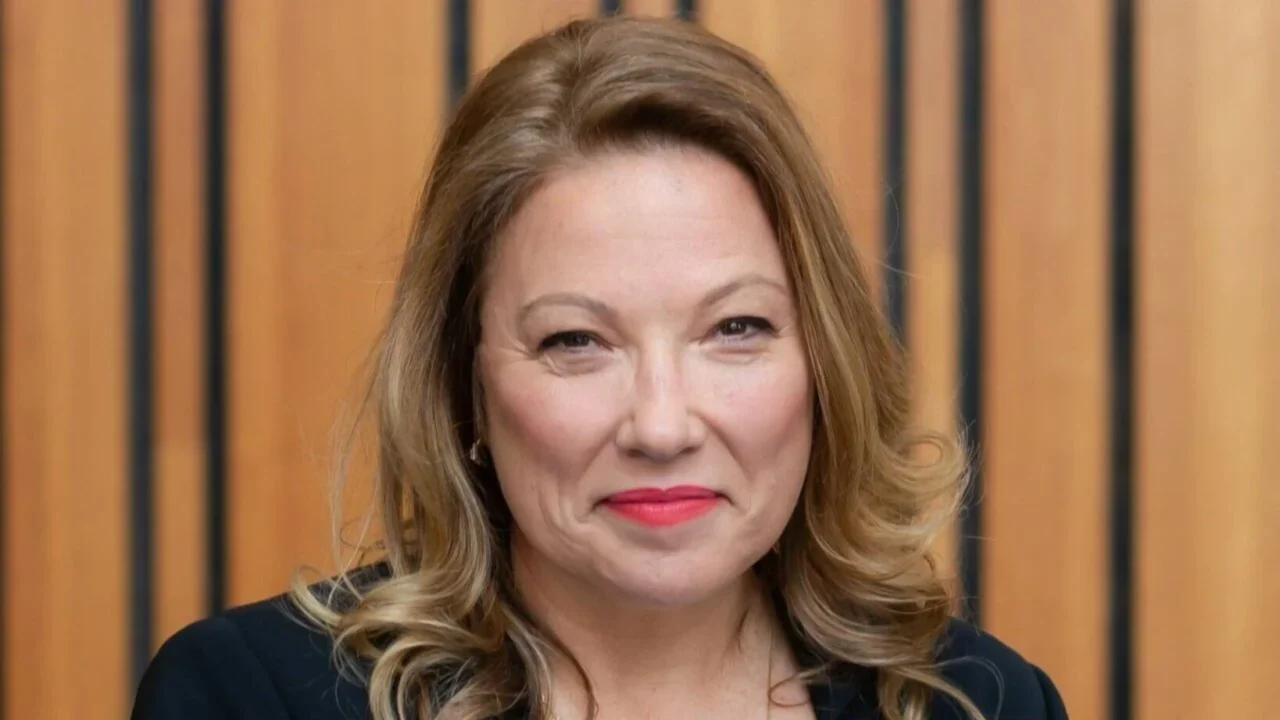
Vicki Durston: Understanding Breast Density – A Call to Action for Women’s Health
Vicki Durston, Director of Policy, Advocacy and Support Services at Breast Cancer Network Australia, shared a post on LinkedIn by Breast Cancer Network Australia, adding:
“Understanding Breast Density: A Call to Action for Women’s Health.
Have you ever heard about breast density? It’s an important factor in breast health, and this image flow illustrates it perfectly! On the left, you can see images of lower breast density, while on the right, higher density is shown. The difference is crucial – high breast density can mask tumors, making it harder to detect breast cancer during screenings.
Approximately 10% of women have high breast density, and right now, thousands of Australian women are missing out on vital information about their breast health. This knowledge could empower them to better understand and manage their risk of breast cancer.
Today, we shared our story on ABC about breast density, highlighting the need for standardised reporting across Australia. BCNA is actively advocating for a unified national approach to reporting breast density through Australia’s BreastScreen program.
For more information, visit our website.
A special acknowledgment to Siobhan Freeney for her dedicated work in advocating for standardised breast density reporting across Ireland and Europe.”
Quoting Breast Cancer Network Australia’s post below:
“Approximately 10% of women have high breast density. At this point in time, thousands of Australian women are being denied important information about their breast health which could empower them to better understand and manage their risk of breast cancer.
BCNA’s Director of Policy, Advocacy and Support Services, Vicki Durston, says Australia’s approach to population-based screening is not keeping pace with growing evidence that supports routine reporting of breast density. This due to the absence of national reporting standards and a lack of software in publicly funded screening services that can effectively measure breast density.
‘Every woman has the right to know and understand her breast cancer risk through standardised breast density reporting,’ she says. ‘For those identified as high-risk or with high breast density, it is essential that clear options and pathways are available to support early detection and proactive risk management.’
Breast Cancer Network Australia (BCNA) is currently advocating for a unified national approach to reporting breast density through Australia’s national population-based breast screening program – BreastScreen.”
-
Challenging the Status Quo in Colorectal Cancer 2024
December 6-8, 2024
-
ESMO 2024 Congress
September 13-17, 2024
-
ASCO Annual Meeting
May 30 - June 4, 2024
-
Yvonne Award 2024
May 31, 2024
-
OncoThon 2024, Online
Feb. 15, 2024
-
Global Summit on War & Cancer 2023, Online
Dec. 14-16, 2023
